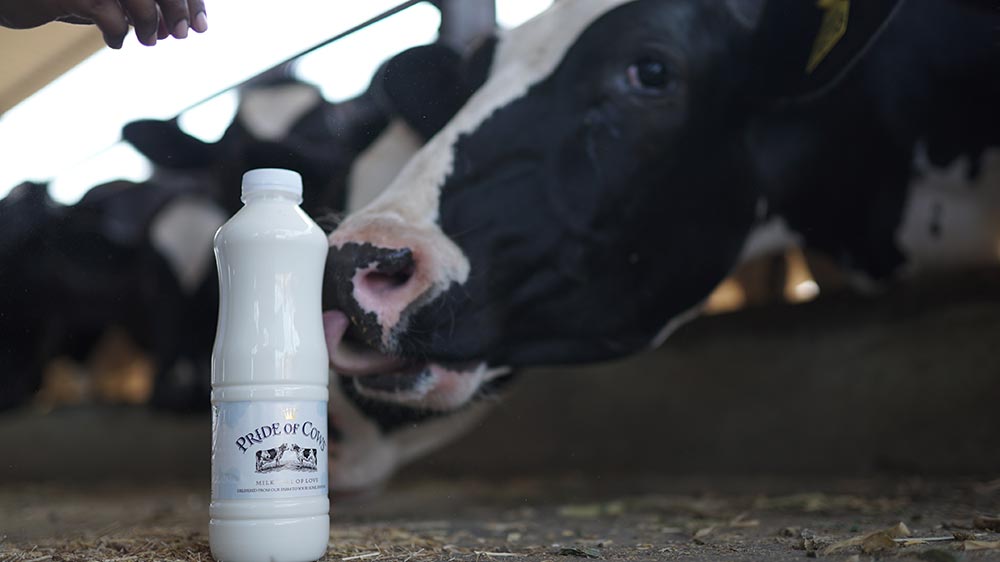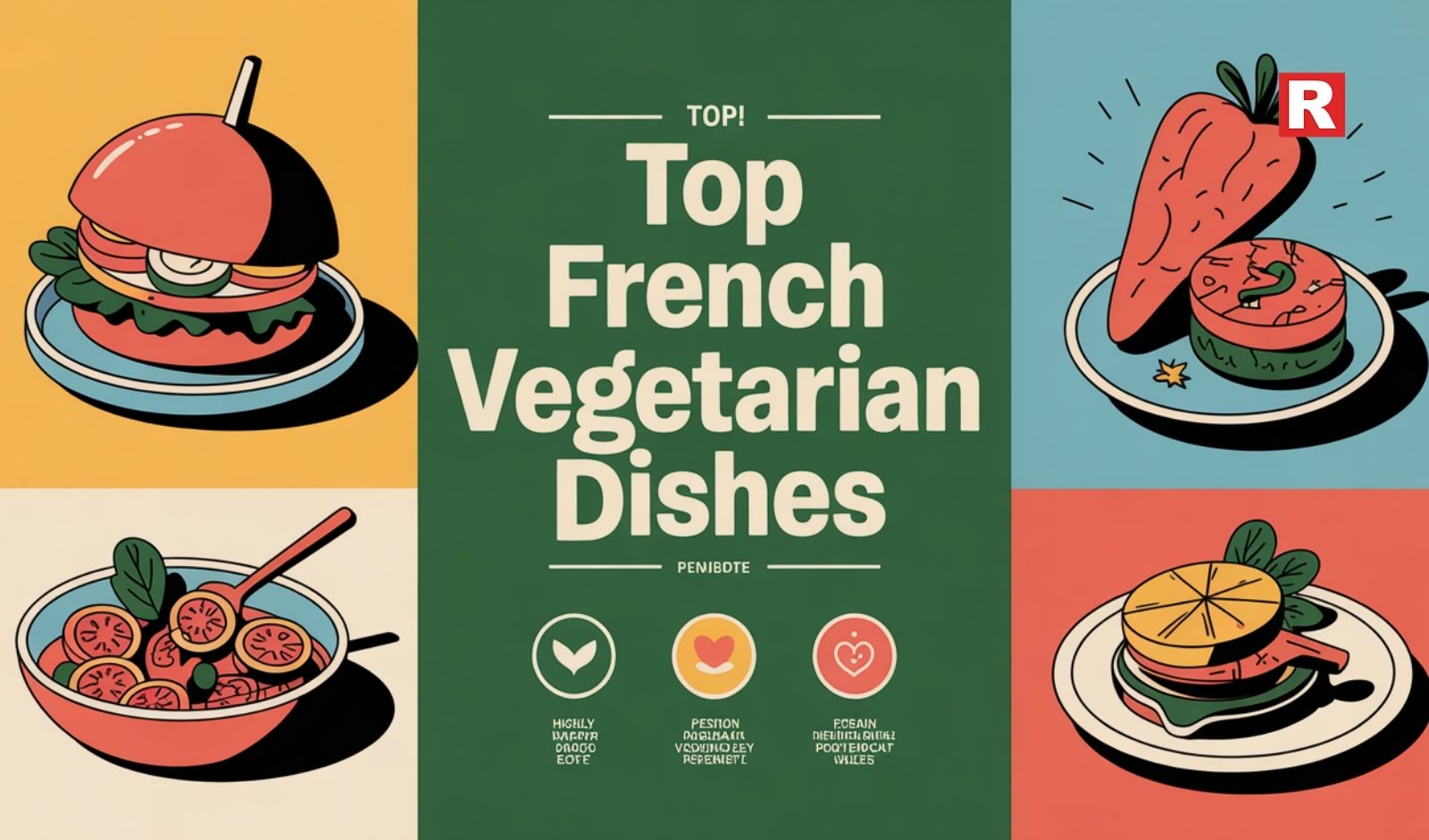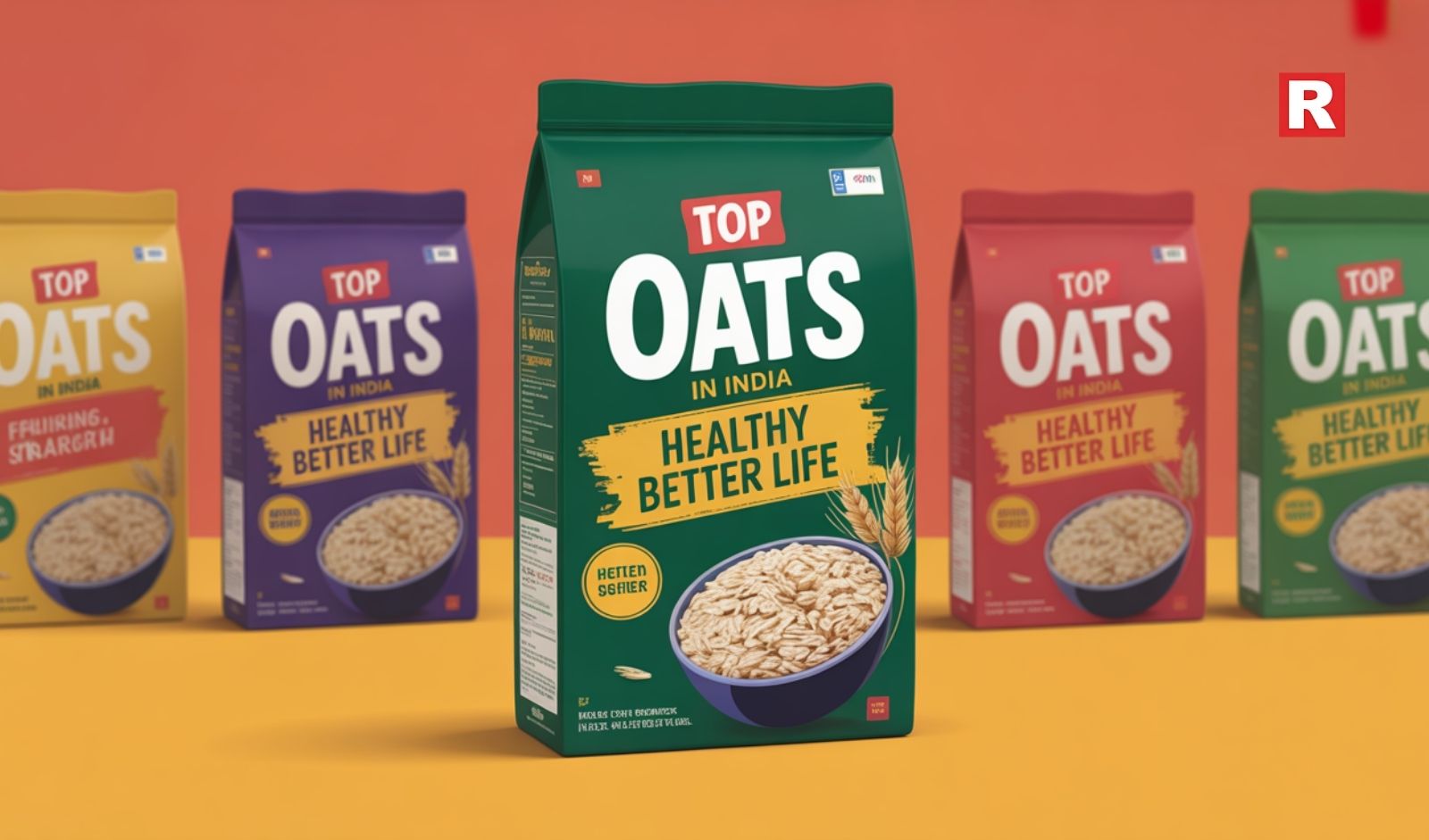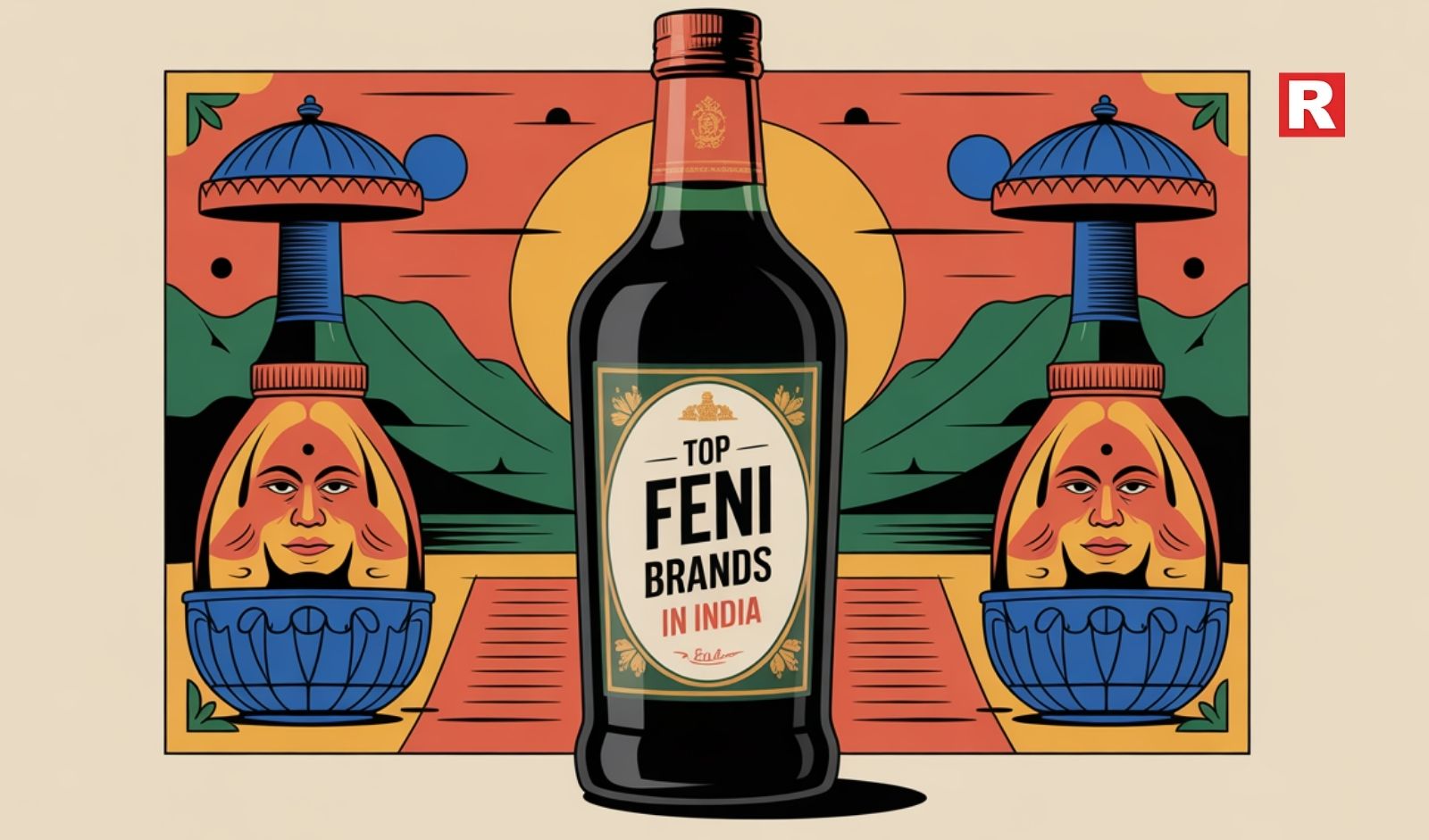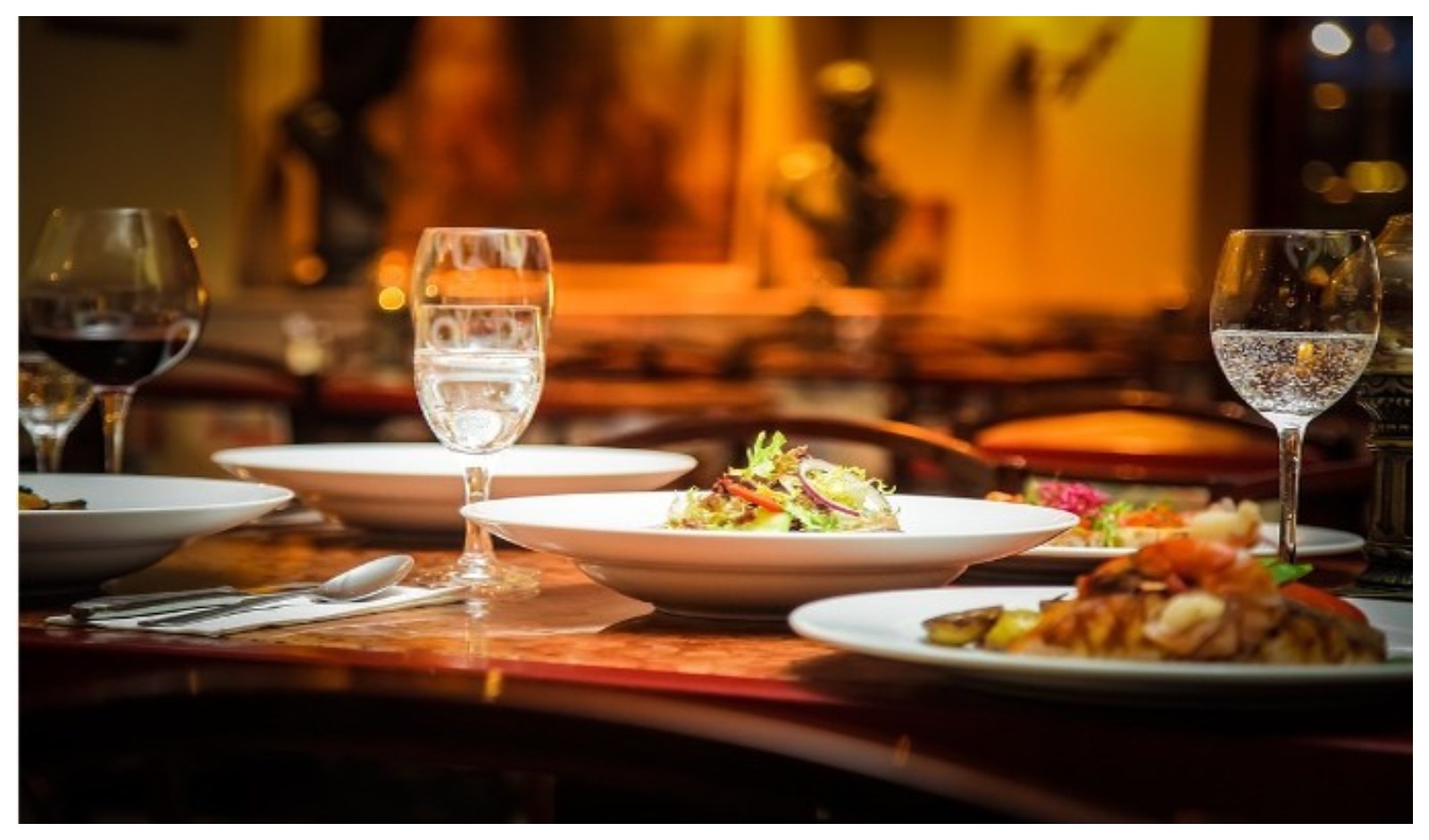
In conversation with Restaurant India, Harry J M Brouwer, CEO at Unilever Food Solutions – Global, talks about the company’s recent acquisition of the start-up Vegetarian Butcher, its plans to expand in India, and how the company is providing solutions to the emerging dark kitchens in India
Could you elaborate about the innovations that Unilever Food Solutions – Global (UFS-G) is engaged in considering the many disruptions being triggered by young start-ups and food technology companies?
I think there are many different kinds of innovation. You have innovations in products, business systems, and via digital disruption. You have combinations of all of these and so, there are many different kinds of innovations we can talk about. One of the most recent innovations on our part is that of the acquisition of Vegetarian Butcher. It was started by a ninth-generation farmer, Jaap Korteweg. There was a time when Holland witnessed the outbreak of swine flu and Jaap was asked if he could keep the cadavers in his cold storage facility. From then on, he started keeping cattle in an organic and animal-friendly way until it was time to take it to the slaughterhouse. This impacted him so much that he decided to become a vegetarian.
But then he loved eating meat and thus decided to meet his cravings for meat without actually killing any animal. He met a likeminded person who became a co-founder in his venture. They started a company and named it the Vegetarian Butcher. They said there’s nothing wrong with a person’s need to eat meat. We got in touch with them at the end of last year. We offered them our global network of contacts with different food operators and discussed how we could pool our resources and do something together. So, to come back to your query about innovations at UFS-G, we are looking closely at such start-ups that have proved themselves and are providing high-quality products. We reach out to them and it makes for a great combination.
Is acquiring new start-ups an activity that you do at UFS-G very consciously?
Yes, I must say so! Since we have critical mass, we can use the capacity and the capabilities of the Unilever Group to help them get bigger and better.
You have also acquired a cosmetic brand called Plum. Could you elaborate?
Yes, acquiring Plum was a very well-thought out strategy since we found that the start-up held a lot of promise for growth. However, whether it is Plum or Vegetarian Butcher, we are very selective because there are hundreds of start-ups and not all hold out scope. Our selection of a start-up is based on whether it fits our sense of purpose and long-term objectives.
What is the role played by Unilever Ventures?
It is the investment vertical of the company that looks at various start-ups and then takes a decision about which companies we should invest in.
How do you plan to expand in India with these global brands?
I think India is a fantastic market. In my view, what’s happening now is not even the beginning. It is poised to kick off in a big way. Once the right infrastructure in place, there will be many multinationals from across the globe who will be keen to establish a base in India. Therefore, our growth plan for our acquisitions is based on this huge expansion we see happening in the future. For Unilever Food Solutions – Global we have started out on a smaller scale because we are after all competing with very huge brands but we are now confident about taking bigger steps.
Do you visit India very often?
I was here three weeks ago. I am amazed by the developments taking place here, especially the huge disruption that is happening in dark kitchens. I was in Bangalore and I couldn’t believe what I was witnessing. I met an entrepreneur who has started 100 dark kitchens already and was opening up another 60 units just in the middle of an apartment building somewhere in a residential area.
Does Unilever Group have solutions for dark kitchens in India?
Yes, we have Unilever Food Solutions which is supporting chefs with dish solutions, training, inspiration and connection. The dark kitchen models appreciate our professional approach. Why do I say it? Because of very limited space, there are very concentrated hours within which you need to perform and without compromising on quality. To differentiate themselves, they need consistent quality and they don’t like to waste products and resources. These elements fit very nicely in our portfolio of products and services.

In an e-mail interview with Restaurant India, Akshali Shah, Sr. VP Strategy, Sales and Marketing at Pride of Cows, revealed the number of households her brand has covered across India, how she plans to launch other value-added products under the same brand name such as single origin ghee and fruit yogurt, and what is the road ahead for the brand
The brand ‘Pride of Cows’ was launched first in Mumbai in 2011 and then in cities like Pune, Surat and Delhi. How has been the growth curve so far?
Our country has been facing the issue of adulteration in milk since long. This is an area of serious concern and the awareness about the need to maintain hygiene and purity in milk has been spread well by the Indian media, which has pointed out that 65-70% of milk is adulterated. There also have been measures taken by various government bodies and dairy companies in order to stop the poisoning of milk. One such initiative was taken by Parag Milk Foods Ltd. by launching Pride of Cows in 2011 with a unique ‘farm to home’ (F2H) concept.
The milk is available only through invitation and delivered to the consumer’s doorstep directly from Bhagyalaxmi Dairy Farm, a wholly owned subsidiary of Parag Milk Foods. A premium milk brand, Pride of Cows was launched in South Mumbai with merely 175 customers followed by Pune in 2012, Surat in 2015 and Delhi in 2019. Since its launch we have seen tremendous consumer acceptance for its purity, aroma and freshness. With only word-of-mouth and digital campaigns the company has been able to generate revenues at a CAGR of approximately 30% over FY 2013-18.
Could you tell us the number of households you have covered across India?
After piloting this ambitious project of delivering milk by invitation only in south Mumbai, the company has extended it to other parts of Mumbai, Pune, Surat and Delhi and we are now catering to more than 35,000 households across these four cities.
What are the expansion plans in the offing?
We plan to move to other metro cities like Bangalore, Hyderabad, etc. and cities where we are likely to have airports in the next five years. With this aim to reach out to more metros across the country, we plan to increase the production at our farm.
How has been the volume growth during last two to three years? Looking forward, what is your target growth for this brand?
As mentioned before, Pride of Cows has grown at a CAGR of about 30% and it will continue to grow at this pace. We are also introducing value-added products under the brand Pride of Cows such as breakfast milk which will be filled with fruits, muesli and granola, single origin ghee, yogurt with fresh fruits, etc.
In Mumbai, how many households you can cater to and are you able to put your capacity to full use?
We don’t have numbers for each region. The production capacity of the Bhagyalakshmi Dairy farm is more than 25,000 litres per day.
Also read
https://www.restaurantindia.in/article/the-mainstream-ice-cream-that-we-get-is-basically-a-frozen-dessert.13373
https://www.restaurantindia.in/article/the-road-less-travelled-as-a-tea-sommelier.13374

What made you enter into food business?
I was always foodie, always wanted to get into this industry. If there’s anything in which I’m interested that is food. From a very young age at home, I was in innovating food. I always had that thing in me which I wanted to come out with. Whatever experience I have gained, I want to give it all to my restaurant.
What innovations you had made?
There are many speciality restaurants in Kolkata but there’s not a restaurant where there are two speciality cuisines under one roof with true sense of that cuisine. I had made that possible with two executive chefs each one expert of both the cuisines i.e., North Indian and Oriental. There are even two different menus accordingly. If you see the menus, both the menus are very different from the food you get normally in Kolkata. I don’t have Chicken bhurta or Butter Masala; each item is different either it is North-Indian or Oriental like we have a special recipe called Kumbh Galoti which is Mushroom Galoti Kabab.
What makes your restaurant different from others in Kolkata?
You can find speciality North Indian restaurant, you can find speciality Oriental restaurant but you won’t find both at the same place. Also it is a place where we do not compromise at quality. We prepare menu according to the guest without even compromising on quality. We have achieved whatever we want to because customers blindly say that it is the best Oriental or North Indian we have ever tasted in Kolkata.
Where do you get your supply of raw materials from?
I get Chicken & Mutton from New Market as I do not want to compromise on the quality. Also I make ensure to buy the product daily unlike other places just to have fresh one.
How do you see changing market segments affect the food service industry?
It really affects a lot. You need to understand the market properly as every place is different. I understand Kolkata very much because I’m born and brought up here but if it would be some other place, I would have thought ten times before investing. As Kolkata people are price sensitive, quality sensitive and taste sensitive; it makes the task real difficult to understand a complicated market like this and satiate all the needs at the same time.
How do you see the customer response?
We have witnessed a very pleasing customer response. Our ambience is at par with five stars environment with really low price. Also, the best part of The Palms I would say is service. People say that it’s really difficult to gain a service experience like this anywhere else in Kolkata. We usually give our customers a comment card and if somebody has commented wrong then we call the customer directly and take the cause in consideration. We try to build an interaction with customer. We want to establish our restaurant in hearts of people and then will expand with different genre.
Copyright © 2009 - 2025 Restaurant India.






